On March 12, more than 700 nonprofit, philanthropic, business, civic and government leaders came together to celebrate the 45th anniversary of the Greater Washington Community Foundation and honor Carol Thompson Cole’s life-long dedication to our region. Thanks to the generosity of so many, the 2018 Celebration of Philanthropy raised a record-breaking $645,000 – with proceeds expanding charitable resources that enable The Community Foundation to ensure equity, access, and opportunity are available to all.
At the event, our President and CEO Bruce McNamer said: “This is a historic evening for The Community Foundation, as we celebrate our 45th anniversary. That is 45 years of strengthening the Greater Washington region. 45 years of bringing people and resources together for community change. 45 years of driving the region’s tremendous giving spirit. We are proud of this rich history and the meaningful work we have led in our community over the past 45 years. And we are honored to be our communities’ trusted advisor and steward, guiding the region’s philanthropic response to community needs.”
Greater Washington Community Foundation President and CEO Bruce McNamer, DC Mayor Muriel Bowser, and 2018 Civic Spirit Award honoree Carol Thompson Cole
DC Mayor Muriel Bowser highlighted the impact of local philanthropy on our region: “It is our nonprofits who are right there by our side, connecting residents to opportunity and empowering Washingtonians across all eight wards. And it is so great to have a partner like The Community Foundation, which gives out nearly $80 million annually to support a diverse range of issues in DC and beyond – including their generous support of the Safer, Stronger Opportunity Grant Fund.”
Before a standing room only crowd, including four generations of her family, friends, mentors, and colleagues, Civic Spirit Award Honoree Carol Thompson Cole remarked on the significance of the evening and the award: “I am proud and truly honored to receive the 2018 Civic Spirit Award. Many thanks to The Community Foundation for recognizing my life’s work to help make this city and region one of the best places to live, go to school, work and do business.”
Carol reflected on her distinguished career in local government – most notably serving as the first and only female appointed as City Administrator – and explained how she was drawn to the work of Venture Philanthropy Partners after meeting Co-Founder Mario Morino and relating to “his vision for using a business approach to philanthropy and focusing on improving outcomes for our most vulnerable youth.” She encouraged all of us – donors and philanthropists, nonprofit and business leaders, educators and government officials – to “lean into the challenges facing our communities… and to embrace collaboration and think of ways that you can to continue to be a civic leader for our Greater Washington region.”
We are so grateful to all of the incredibly generous friends who contributed to the evening’s success and who have joined us in the fight to make our region a stronger, safer, and more enriching place to live. We extend the deepest gratitude to Celebration Co-Chairs David Bradt and Katharine Weymouth, our premier sponsor Kaiser Permanente, and all of the individuals and organizations whose sponsorship helped make the Celebration possible.
A special thank you to all of the performers and exhibitors from Arts for the Aging, Community Bridges, DC Youth Orchestra Program, D.C. Creative Writing Workshop, GALA Hispanic Theatre and Flamenco Aparicio Dance Company, Justin Trawick and The Common Good, Paula Brown Performing Arts Center, Young Artists of America, The Art League, Art Works Now, and Vanny.
Click on the gallery below to see more pictures. Photo credit: Digital PX



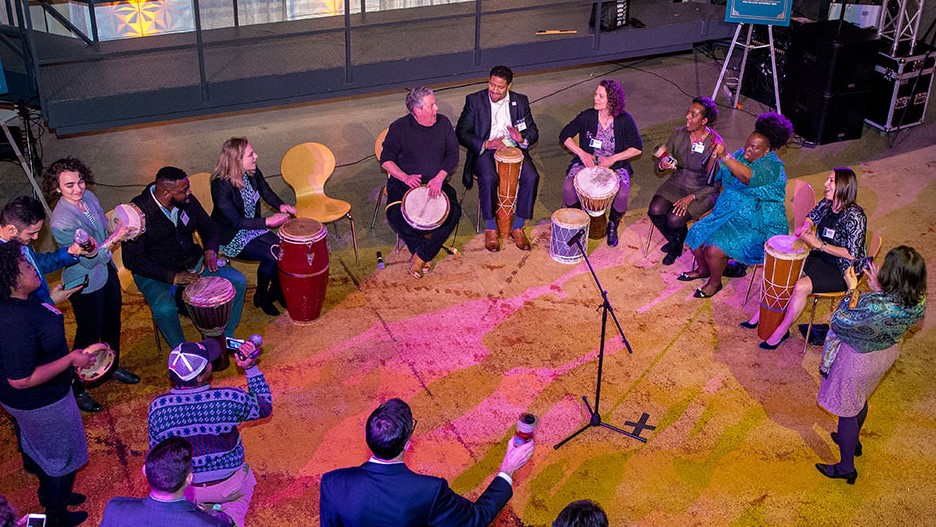
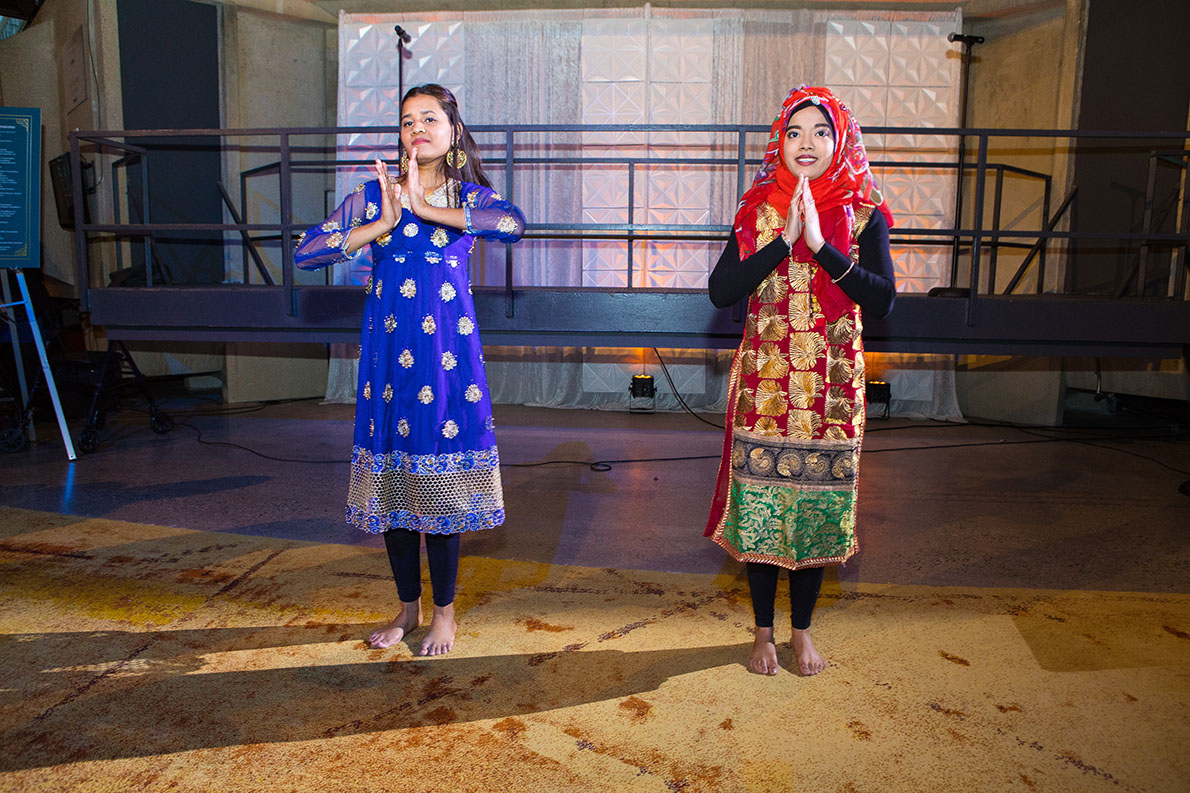

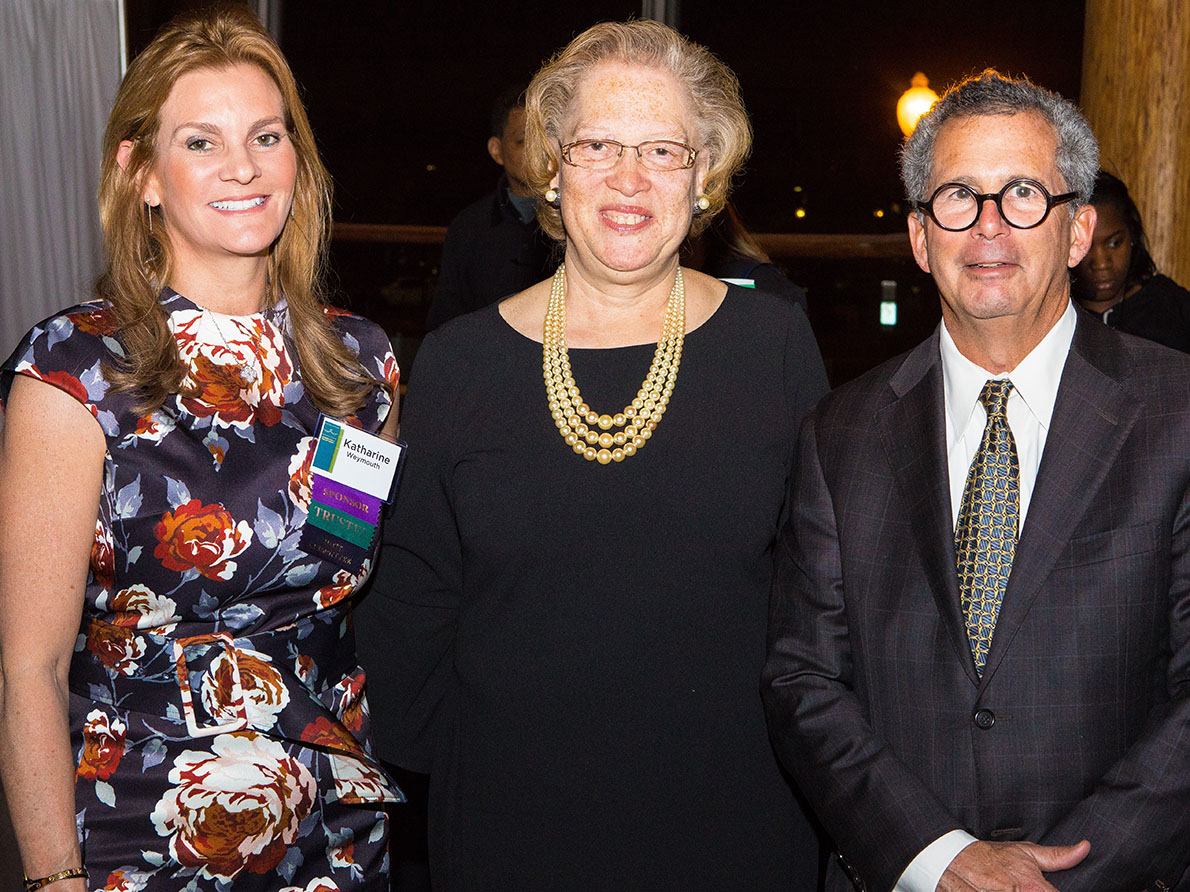

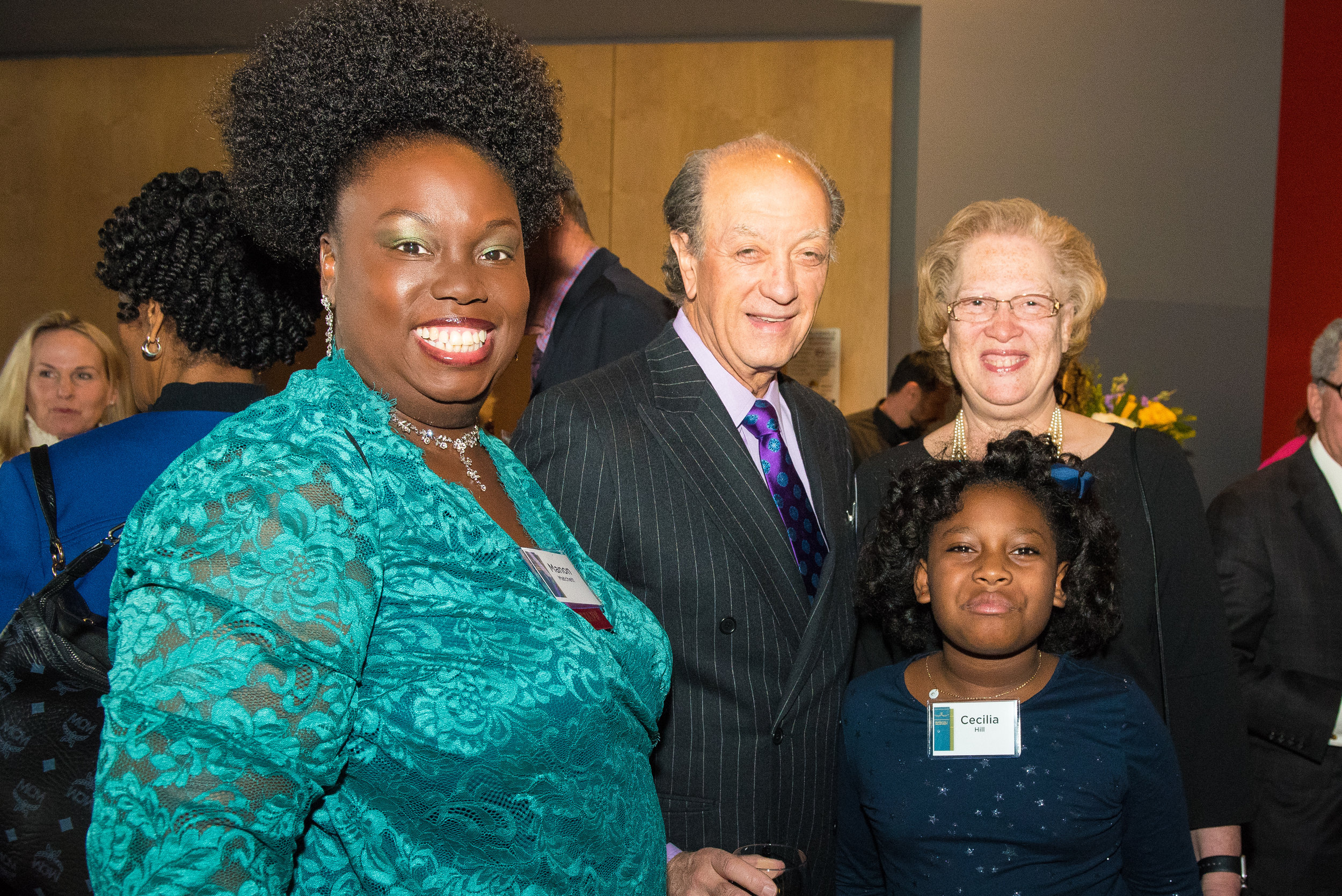

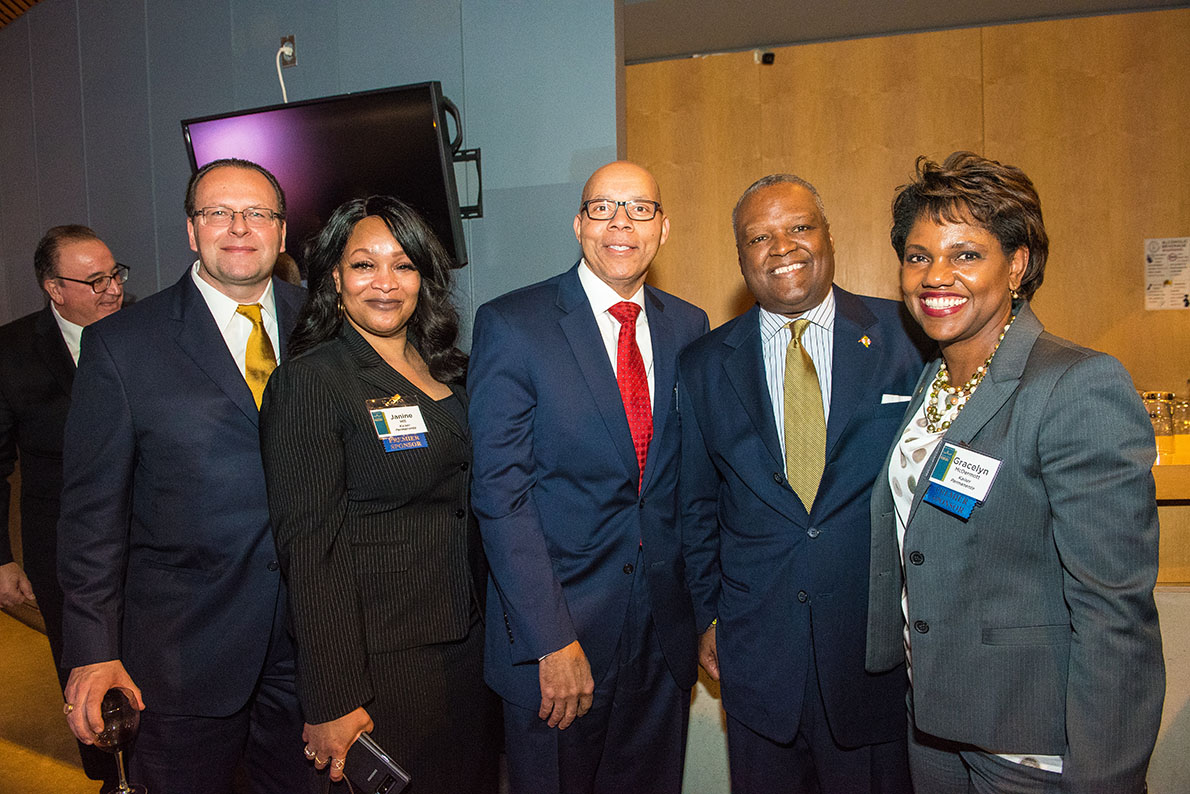


![December_15_2.jpg.7c6dd094[1].jpg](https://images.squarespace-cdn.com/content/v1/58f791ec37c58188d411874a/1512753214595-EORHDAEEYKWE1VRQR25Z/December_15_2.jpg.7c6dd094%5B1%5D.jpg)


